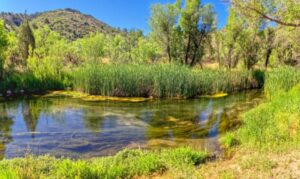
Jacques Marsh
The ponds are bordered by ponderosa pine and juniper grassland which make an excellent place to find a variety of waterfowl and wading birds.
Jacques Marsh
The ponds are bordered by ponderosa pine and juniper grassland which make an excellent place to find a variety of waterfowl and wading birds.
Luna Lake
A natural body of water that covers approximately 75-acres of land. Location of a Great Blue Heron rookery and nesting site for Bald Eagles and Osprey.
Lyman Lake State Park
A 1,200-acre park that encompasses the shoreline of a 1,500-acre reservoir at an elevation of 6,000 feet. Good with a scope especially during migration season.
Sipe White Mountain Wildlife Area
Agricultural fields, grasslands, pinyon/juniper hillsides, and several reservoirs. The best birding is along Rudd Creek and the area around the visitor’s center.
Telephone Lake
Man-made wetland area created by treated sewage wastewater surrounded by marsh and grasslands.
Wenima Wildlife Area
Good birding here due to the variety of vegetation and the riparian area. Junipers and grasses cover the canyon sides. Sightings of California and Montezuma Quail.
Woodland Lake Park
The damming of Walnut Creek creates Woodland Lake, which harbors open water, cattails, and other wetland vegetation. A 1-mile paved accessible trail goes around the lake.
Allen Severson Wildlife Area – Pintail Lake
Two small artificial marshes including Pintail Lake and South Marsh that provide a riparian area with a large variety of waterfowl and wading birds.
Becker Lake Wildlife Area
Composed of a variety of habitats, including streamside, wet meadow, stream riparian, lake, and plains grassland community on the uplands. Bald Eagles as well as up to 20 species of waterfowl can be seen during winter.
Fool Hollow Lake Recreation Area
Man-made waterfowl nesting islands, snags, and grasslands. Bald Eagles are usually seen perched on snags on both sides of the lake.

The ponds are bordered by ponderosa pine and juniper grassland which make an excellent place to find a variety of waterfowl and wading birds.
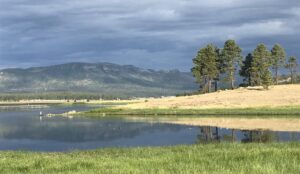
A natural body of water that covers approximately 75-acres of land. Location of a Great Blue Heron rookery and nesting site for Bald Eagles and Osprey.
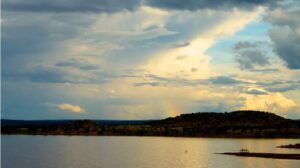
A 1,200-acre park that encompasses the shoreline of a 1,500-acre reservoir at an elevation of 6,000 feet. Good with a scope especially during migration season.

Agricultural fields, grasslands, pinyon/juniper hillsides, and several reservoirs. The best birding is along Rudd Creek and the area around the visitor’s center.
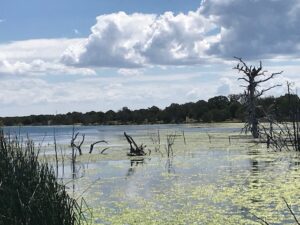
Man-made wetland area created by treated sewage wastewater surrounded by marsh and grasslands.
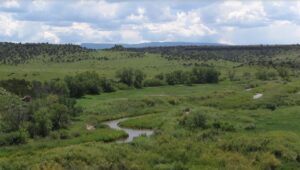
Good birding here due to the variety of vegetation and the riparian area. Junipers and grasses cover the canyon sides. Sightings of California and Montezuma Quail.
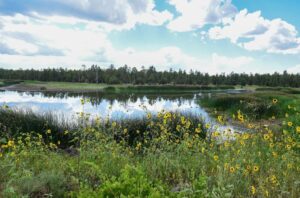
The damming of Walnut Creek creates Woodland Lake, which harbors open water, cattails, and other wetland vegetation. A 1-mile paved accessible trail goes around the lake.
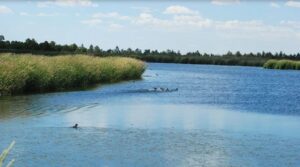
Two small artificial marshes including Pintail Lake and South Marsh that provide a riparian area with a large variety of waterfowl and wading birds.

Composed of a variety of habitats, including streamside, wet meadow, stream riparian, lake, and plains grassland community on the uplands. Bald Eagles as well as up to 20 species of waterfowl can be seen during winter.

Man-made waterfowl nesting islands, snags, and grasslands. Bald Eagles are usually seen perched on snags on both sides of the lake.
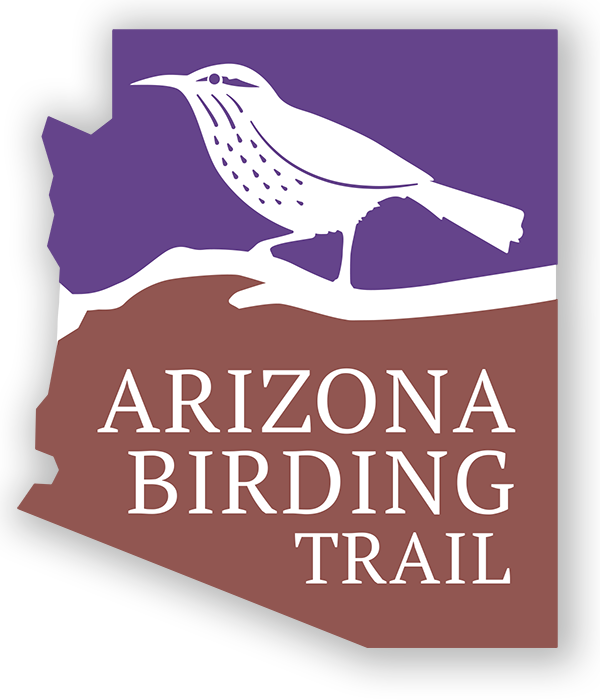
The Arizona Birding Trail is a network of more than 300 birding and watchable wildlife sites across the state. Whether you are a newcomer or an experienced birder, the Arizona Birding Trail is your guide to adventure!
© 2024 Arizona Birding Trail